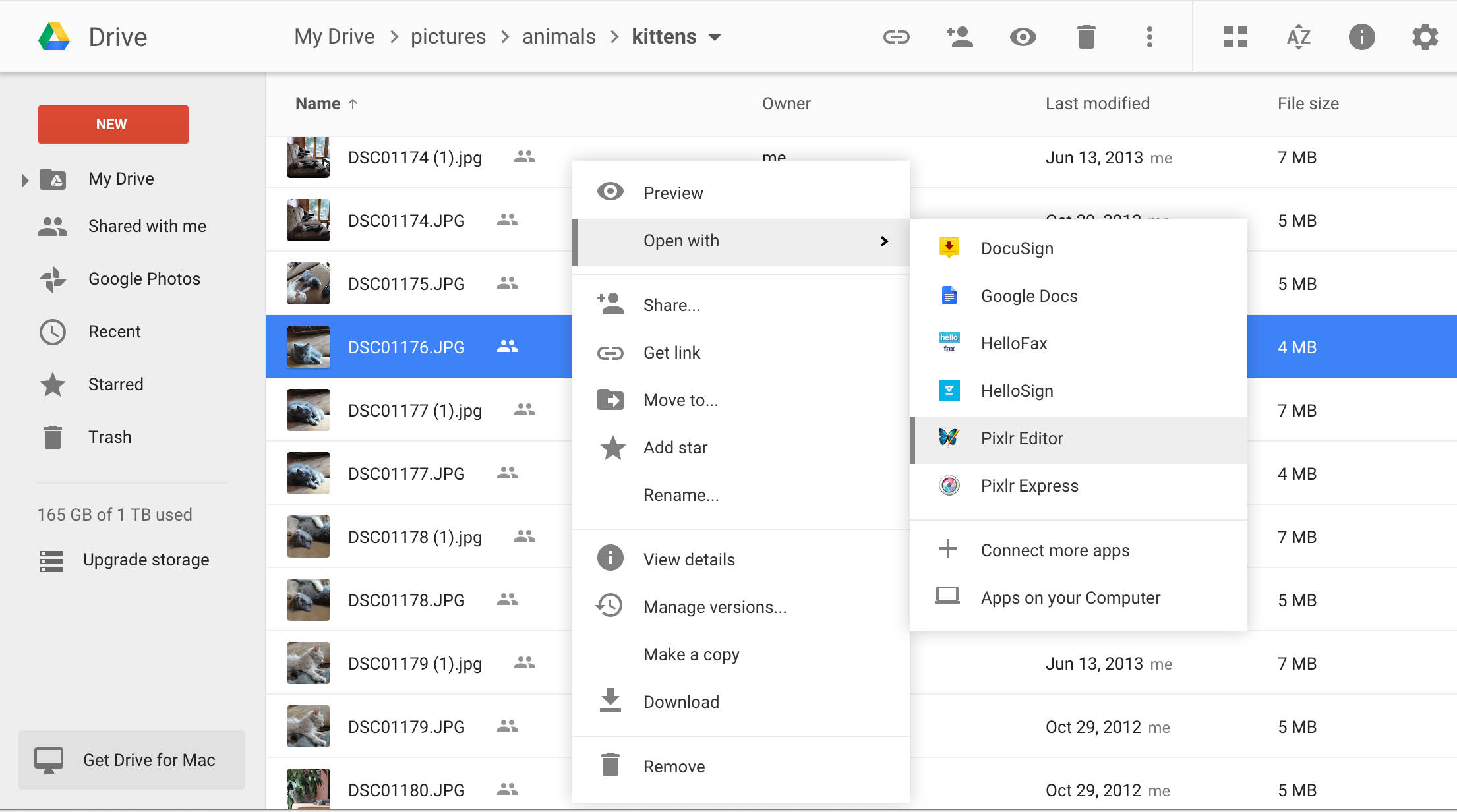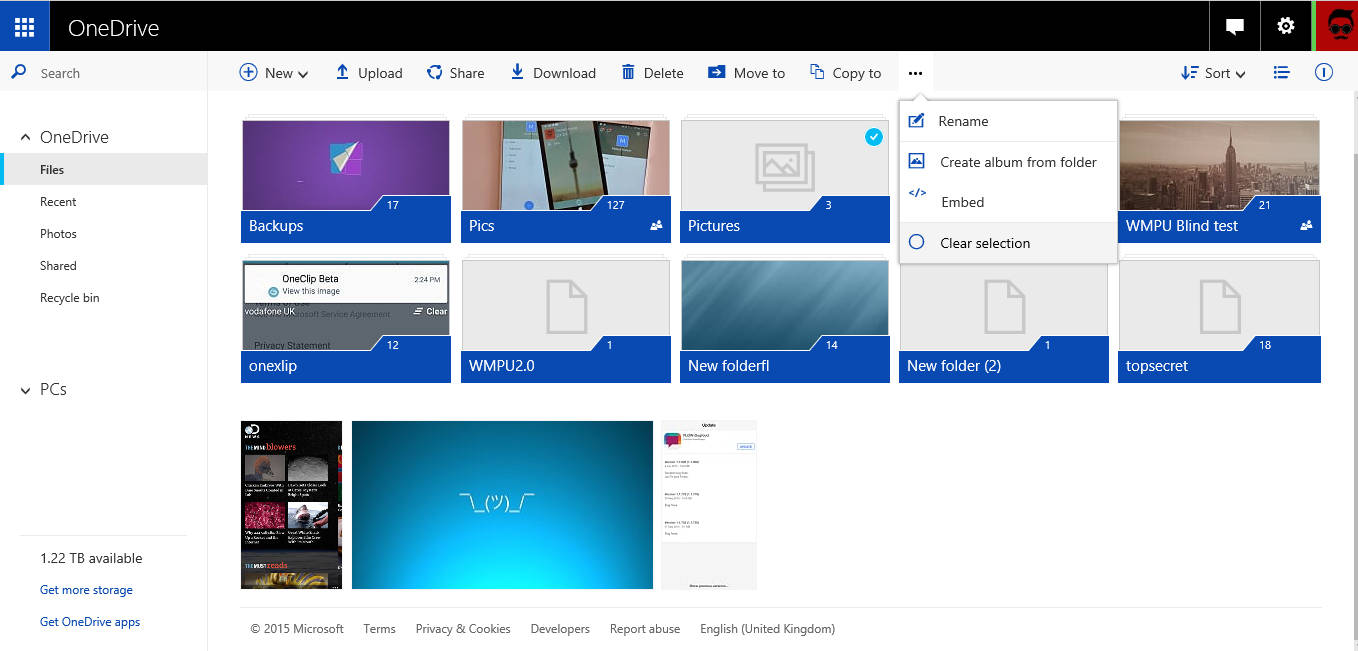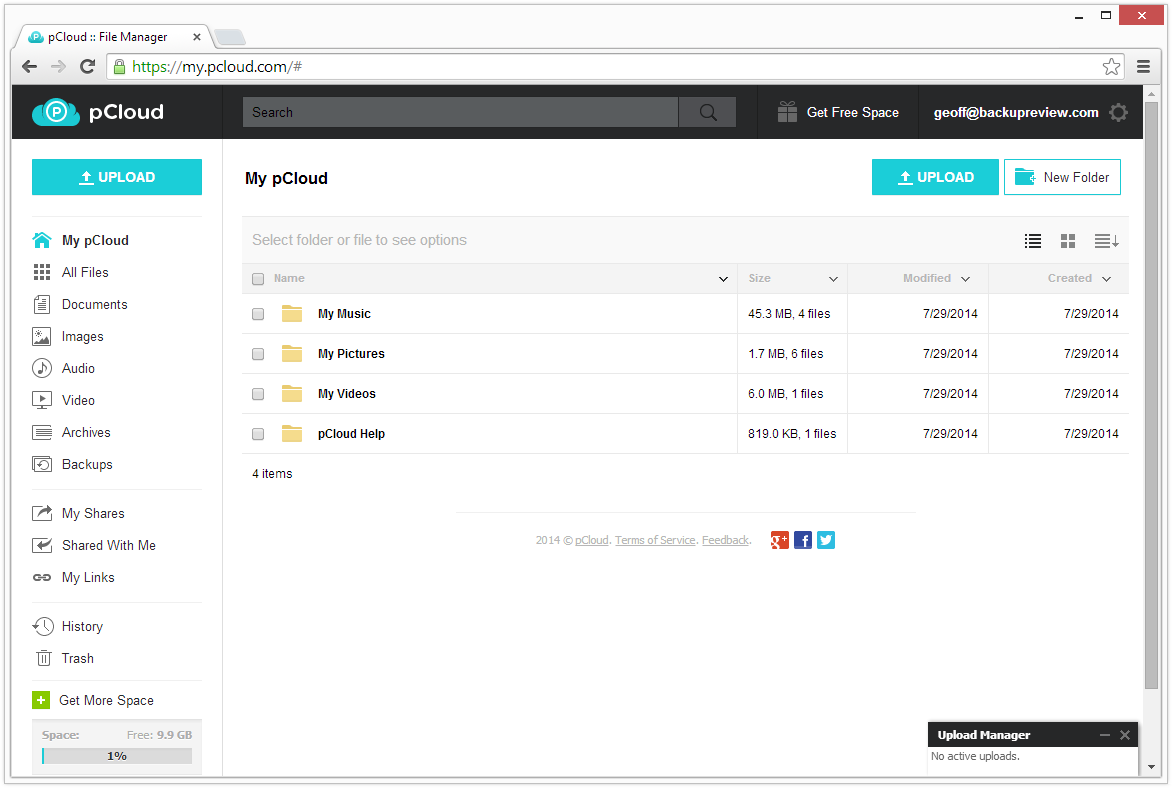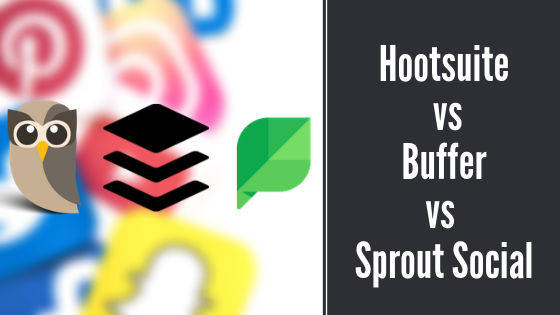Cloud Storage is perhaps the most convenient way to store, access and share files over the internet. It ensures your data is safe and secure. As long as you have Internet access, you can sync the stored data anytime, anywhere. While there are a host of cloud storage services available on the market at present, Dropbox is no doubt one of the oldest and the best among them.
Founded back in the year 2007, Dropbox is one of the most popular Cloud storages that has more than five hundred million users. Due to its flexible usability and prompt responsiveness, it has earned a huge amount of popularity. However, there are certain drawbacks in Dropbox that might make you look for other alternatives to it. So if you are looking for a good replacement for Dropbox, you may consider looking out for the following alternatives:
Table of Contents
Top 4 alternatives to Dropbox
Google Drive
Google Drive is certainly one of the best alternatives to Dropbox, especially if you are looking for a cloud storage for your personal use. The free version of Google Drive gives you access to 15 GB of cloud storage, whereas, you get only 2GB storage on the Dropbox free version. However, the 15GB storage on Google Drive is shared between other Google Services such as Gmail and Google Photos. Google Drive gives you access to various inbuilt tools namely, Hangouts, Google Docs, Sheets, Calendar, Slides and lots more. Furthermore, Google Drive has much more flexible paid plans than Dropbox.
Microsoft’s Cloud Storage OneDrive is a good alternative to Dropbox, specifically for the ones who are familiar with Microsoft products. Besides its productivity tools including Word and Excel, it also lets you collaborate on the same doc file on a real-time basis. It provides similar functionalities as Dropbox and Google Drive that include cross-platform app support, quick and easy synchronization, etc. With the free version of OneDrive, you get access to 15 GB of cloud storage, similar to Google Drive. OneDrive Business plans are also quite flexible that is customized according to various user requirements. Above all, the best part of using OneDrive is that the paid users can get access to the whole Office Suite without paying any extra amount.
Box
Being founded in the year 2005, Box is primarily targeted towards the Small and Medium businesses and enterprises rather than individuals. Apart from storing files, it provides a number of collaborative tools by integrating with various third-party applications, which helps to boost the productivity of businesses. The free trial version of Box provides you access to 10 GB of storage space. After that, there are some reasonably priced subscriptions offered for the business users.
After creating an account on Box, it can be accessed from its websites and apps that are compatible with all the leading platforms as well as Linux. It also has much better user management features if compared to Dropbox.
pCloud
A relatively new yet a fast-growing cloud storage provider, pCloud can be a great alternative to Dropbox. Having more than 7 million users worldwide, it offers flexible subscription plans to its users so that they can choose from a range of storage options along with additional features. In addition, it provides Smart-Sync feature to all of its users that comes absolutely free of cost. It can be considered as a virtual hard drive as it adds storage to your system. You can simply upload a file to the drive and delete the file from your system. And there’s no need to further download it. You can open it directly from the drive and it will be stored without occupying any physical space on your system. It provides a free storage space of 10 GB that can be further extended to 20 GB with additional steps.
While there is a vast and varied range of Cloud storage and Cloud Computing services available in the market in recent times, Dropbox is the first ever cloud storage provider that had turned cloud services into a much-recognized tool. But it can no longer be considered as the only option. Moreover, its low-level security features and the lack of end-to-end encryption are a huge let-down.










